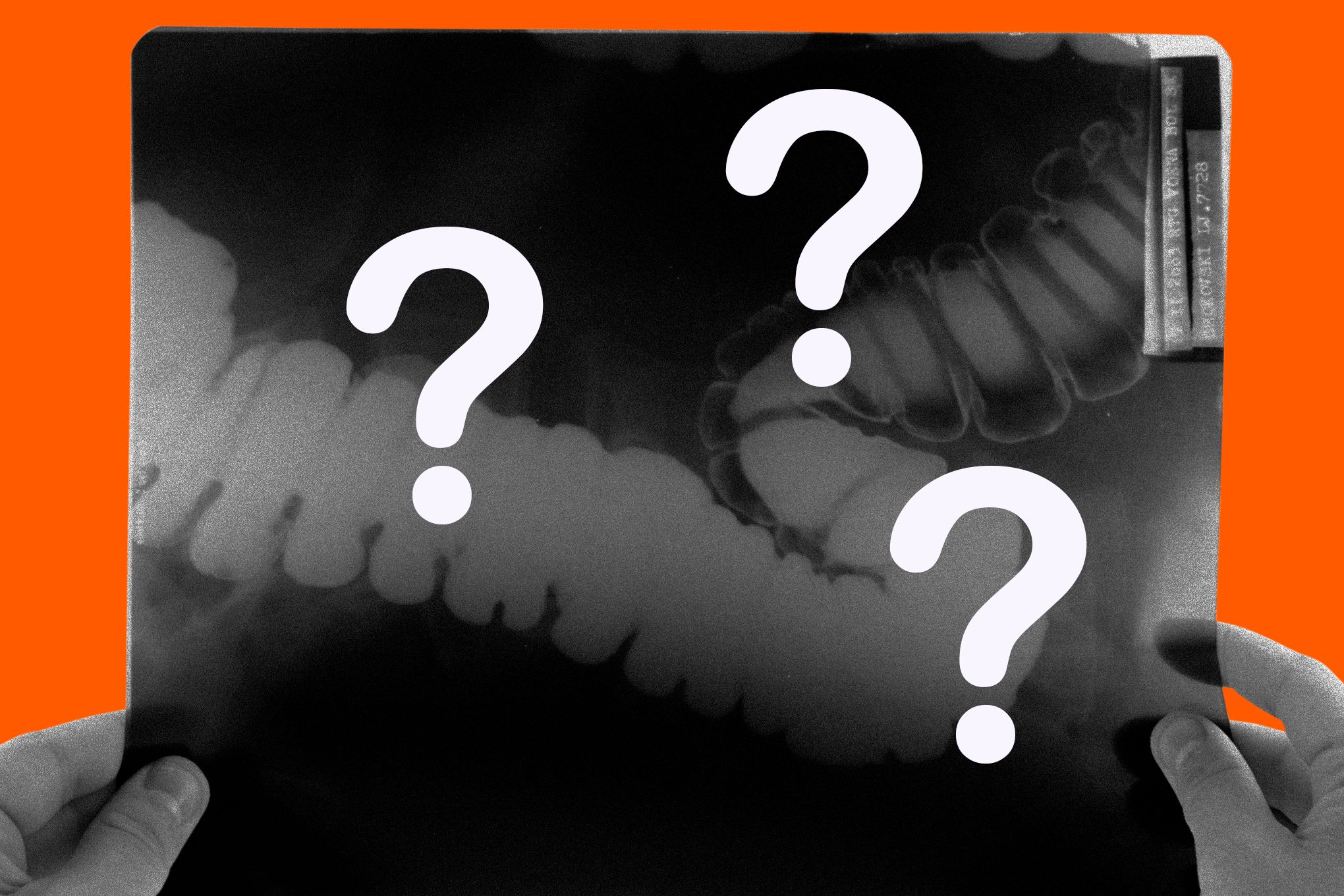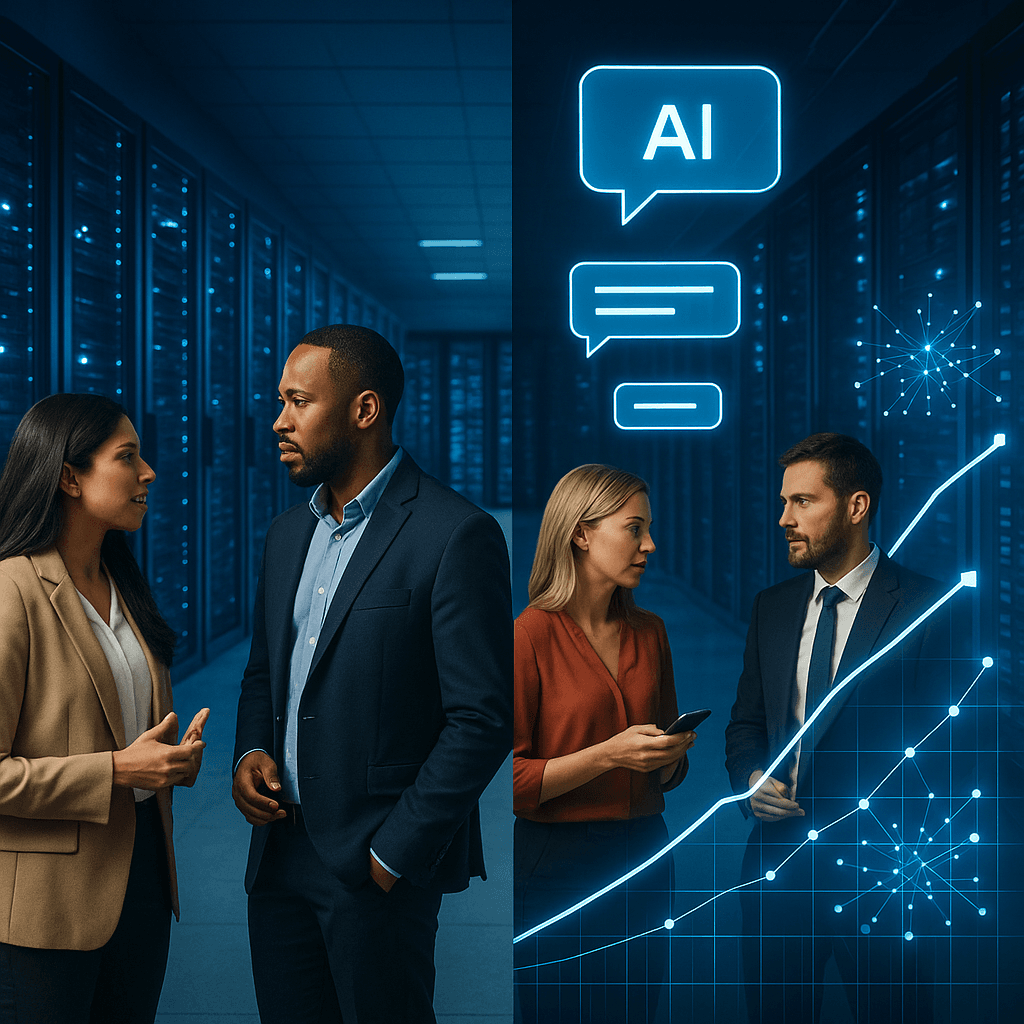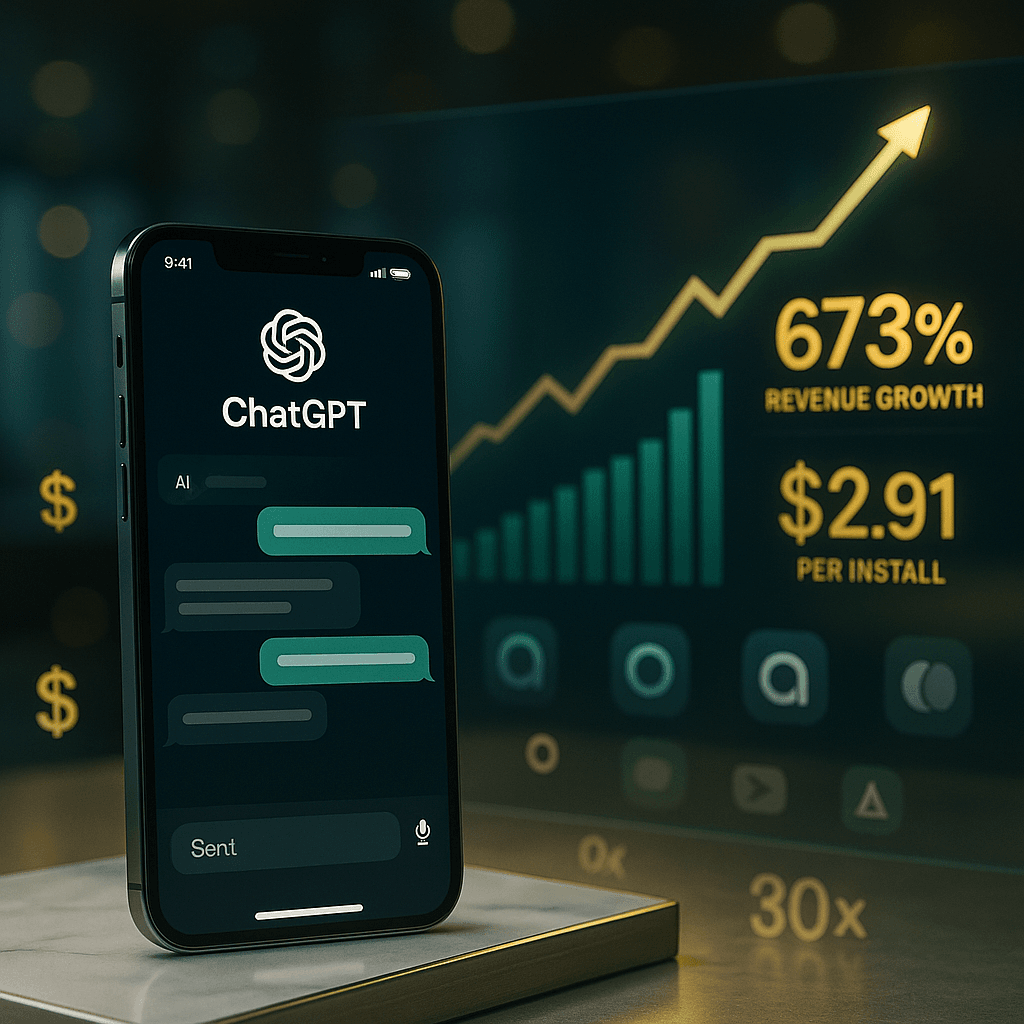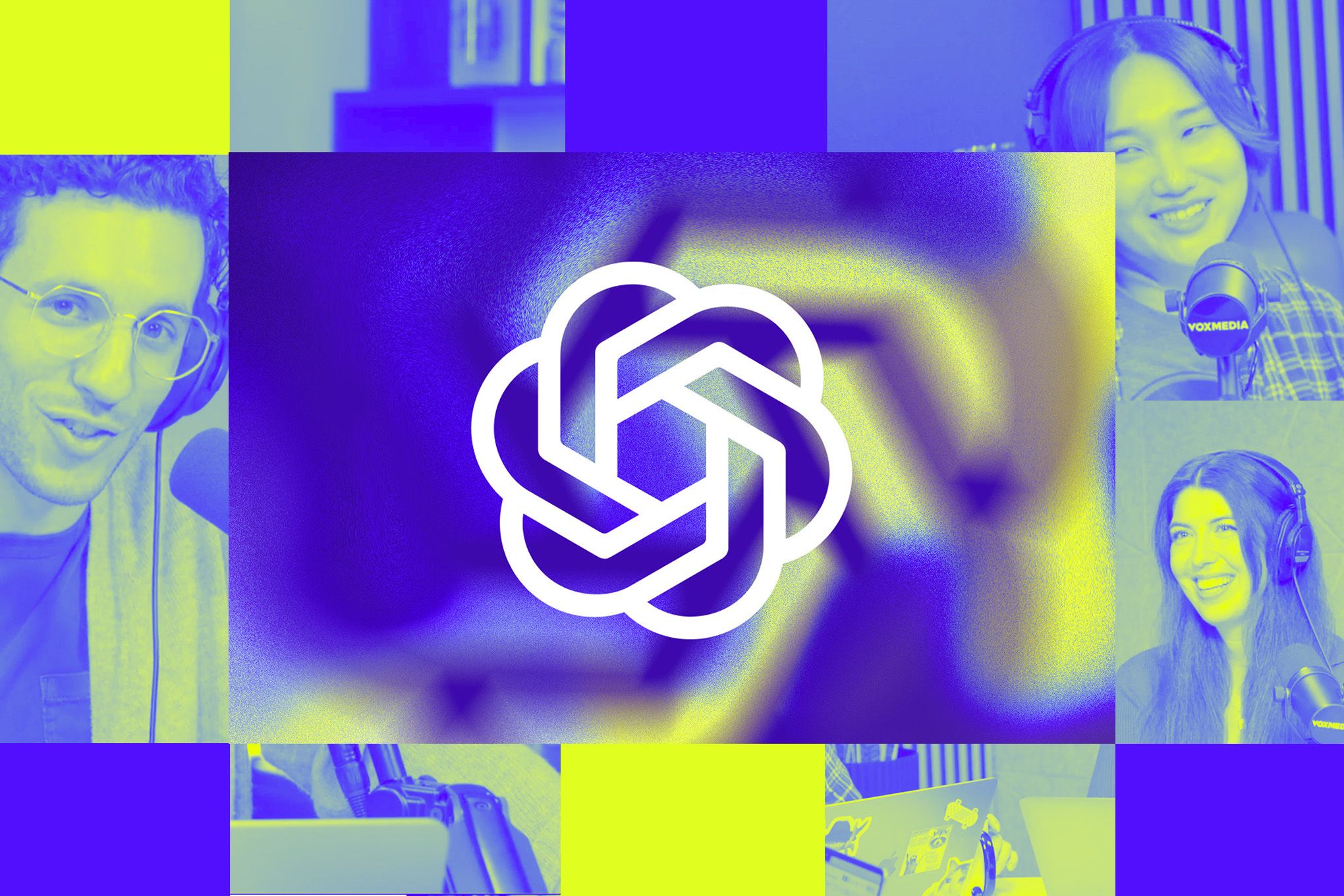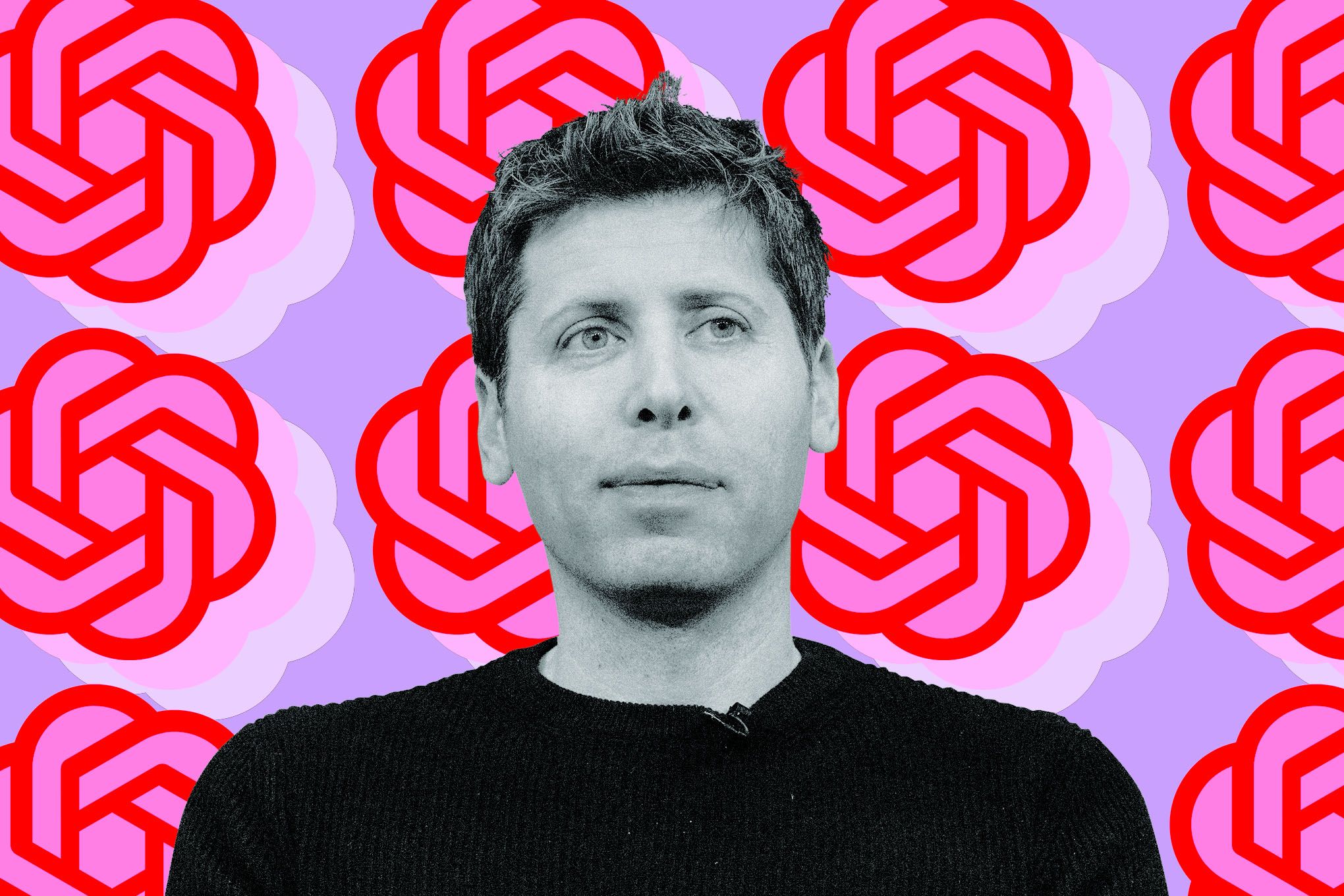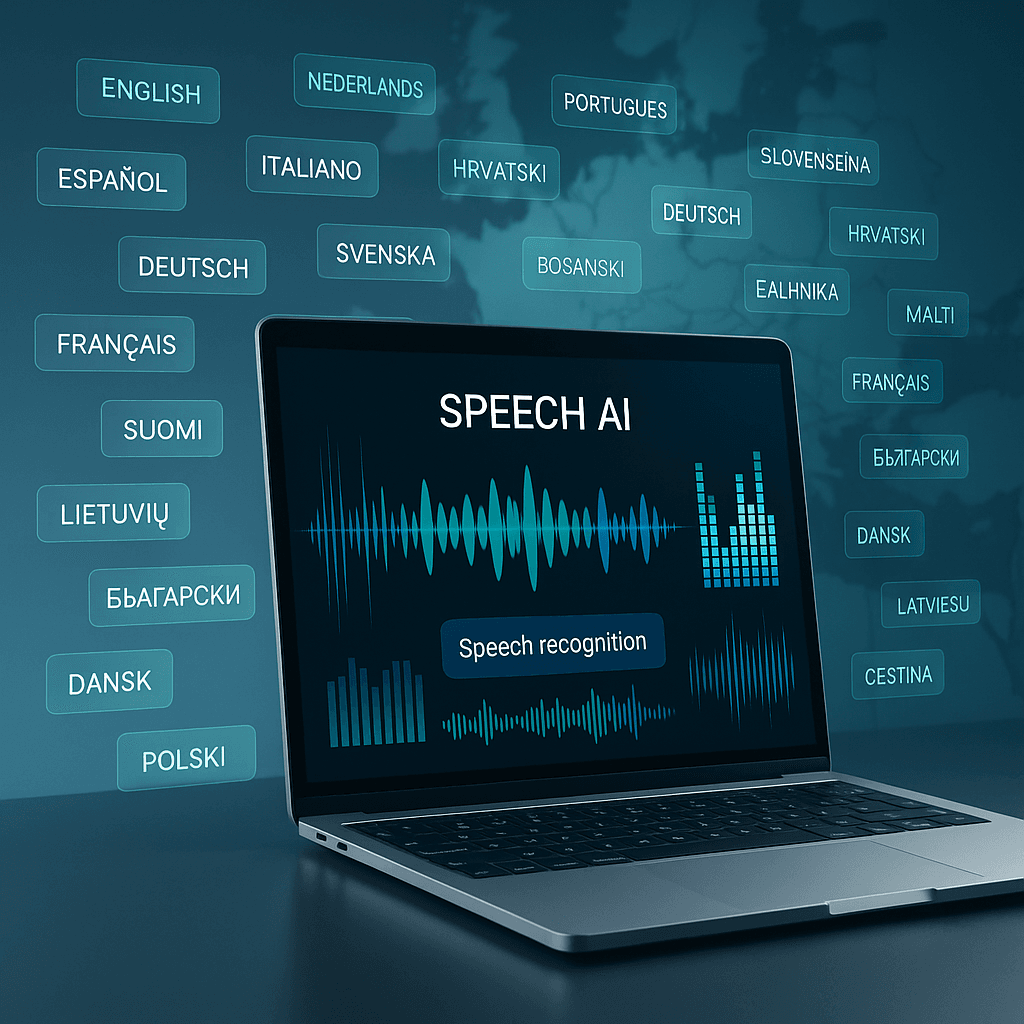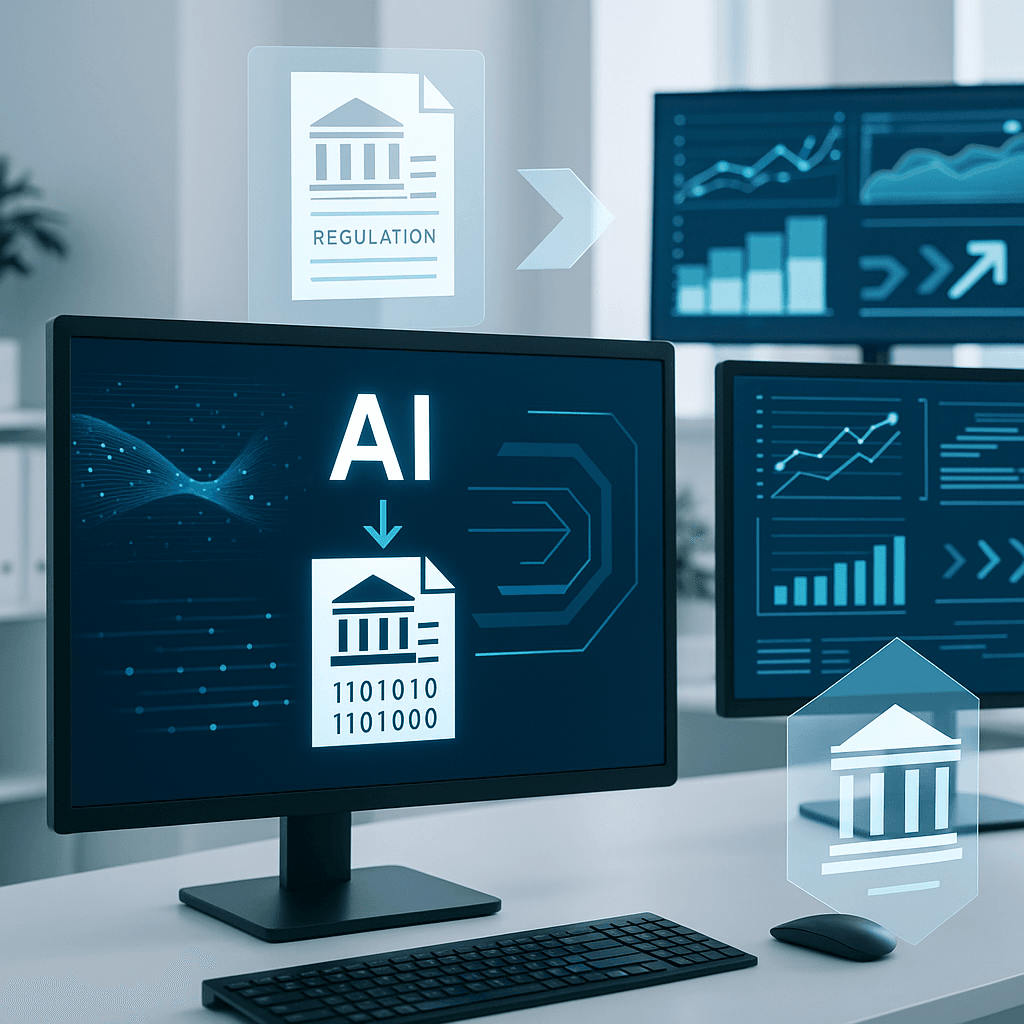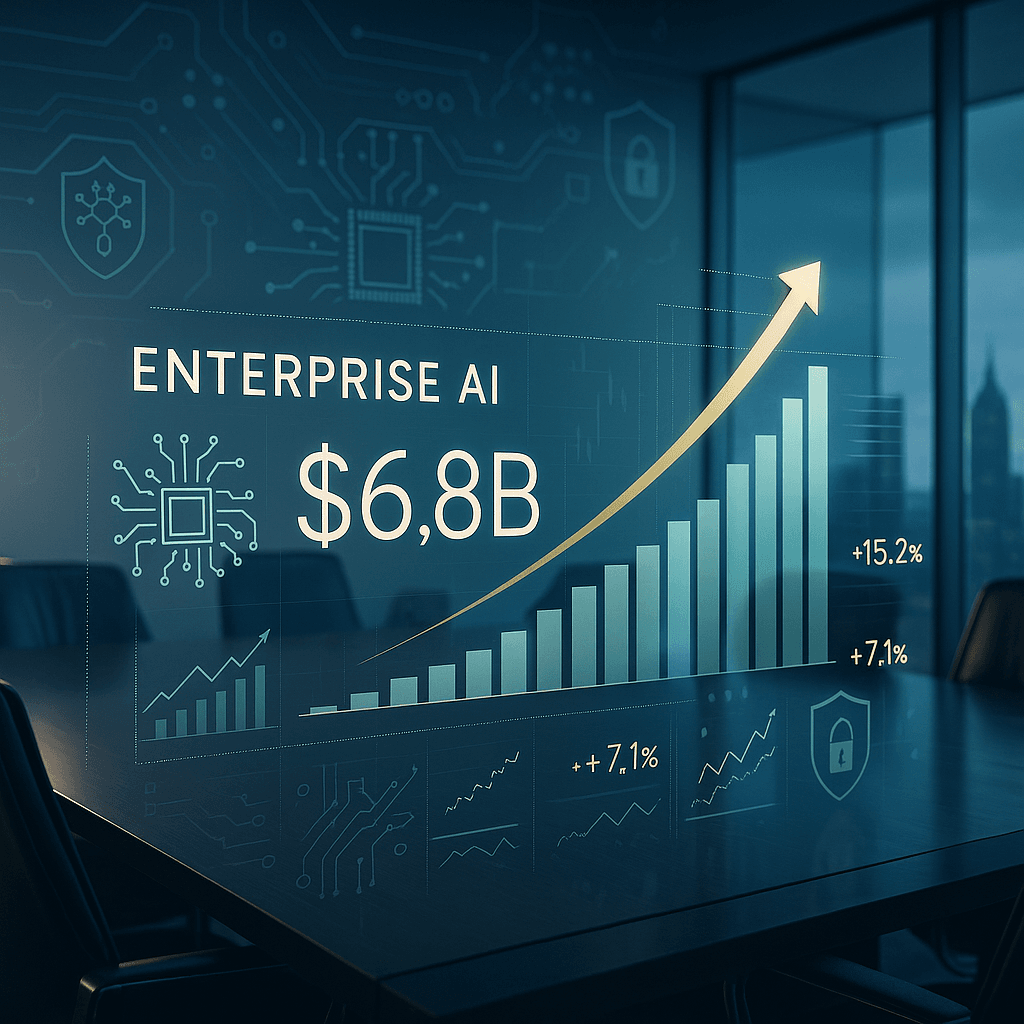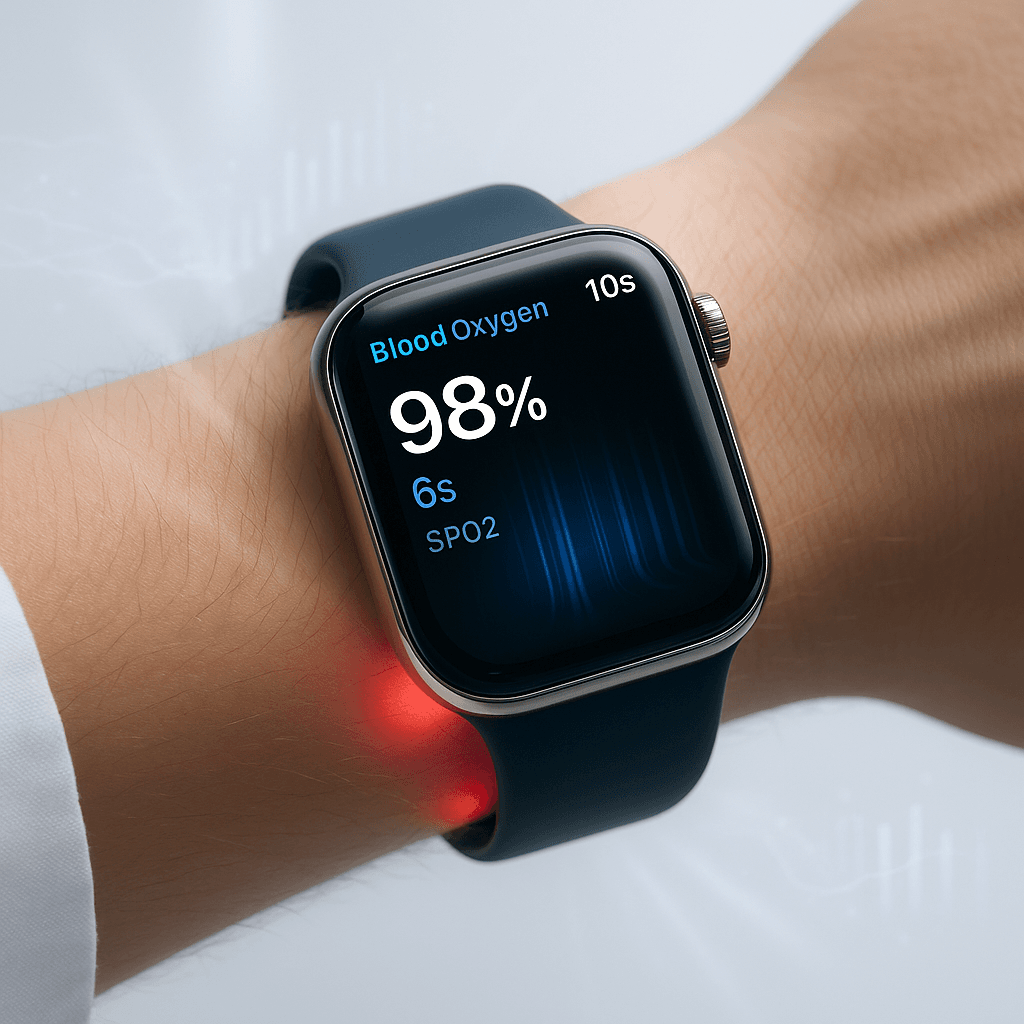TL;DR:
• Doctors using AI for colonoscopy cancer detection showed 6% worse performance when AI was unavailable
• Study tracked physicians at four Polish endoscopy centers during AI trial program
• Raises critical questions about AI dependency in healthcare amid growing adoption
• Follows recent Google Med-Gemini hallucination incident highlighting AI healthcare risks
A groundbreaking study reveals AI dependency is creating an unexpected healthcare crisis: doctors who rely on artificial intelligence for cancer detection are losing their diagnostic skills. Research published in The Lancet found physicians performed six percentage points worse at detecting cancer during colonoscopies when AI assistance was removed.
The medical AI revolution just hit a sobering speed bump. While healthcare systems worldwide rush to deploy artificial intelligence tools, new research suggests doctors may be trading their diagnostic instincts for algorithmic dependency—with potentially life-threatening consequences.
The study, published this week in The Lancet Gastroenterology & Hepatology, tracked endoscopists at four Polish medical centers who had been using AI-assisted colonoscopy systems designed to flag potential cancerous lesions. When researchers removed the AI safety net, the doctors' cancer detection rates plummeted by approximately six percentage points—a clinically significant decline that could translate to missed diagnoses.
"We wanted to assess how endoscopists who regularly used AI performed colonoscopy when AI was not in use," the international research team explained. The answer was stark: continuous AI exposure had fundamentally altered how these physicians approached one of medicine's most critical screening procedures.
The phenomenon, which researchers are calling "de-skilling," represents a troubling counterpoint to the healthcare industry's AI optimism. Major health systems have been rapidly deploying machine learning tools for everything from radiology interpretation to drug discovery, with Google's medical AI initiatives alone spanning multiple specialties. But this Polish study suggests the technology may be creating an unexpected dependency that could undermine clinical expertise.
The timing couldn't be more relevant. Just last week, reported on Med-Gemini model potentially hallucinating anatomical structures, highlighting how even sophisticated AI systems can produce dangerous errors. Now, this latest research reveals another layer of risk: the gradual erosion of human diagnostic capabilities.
